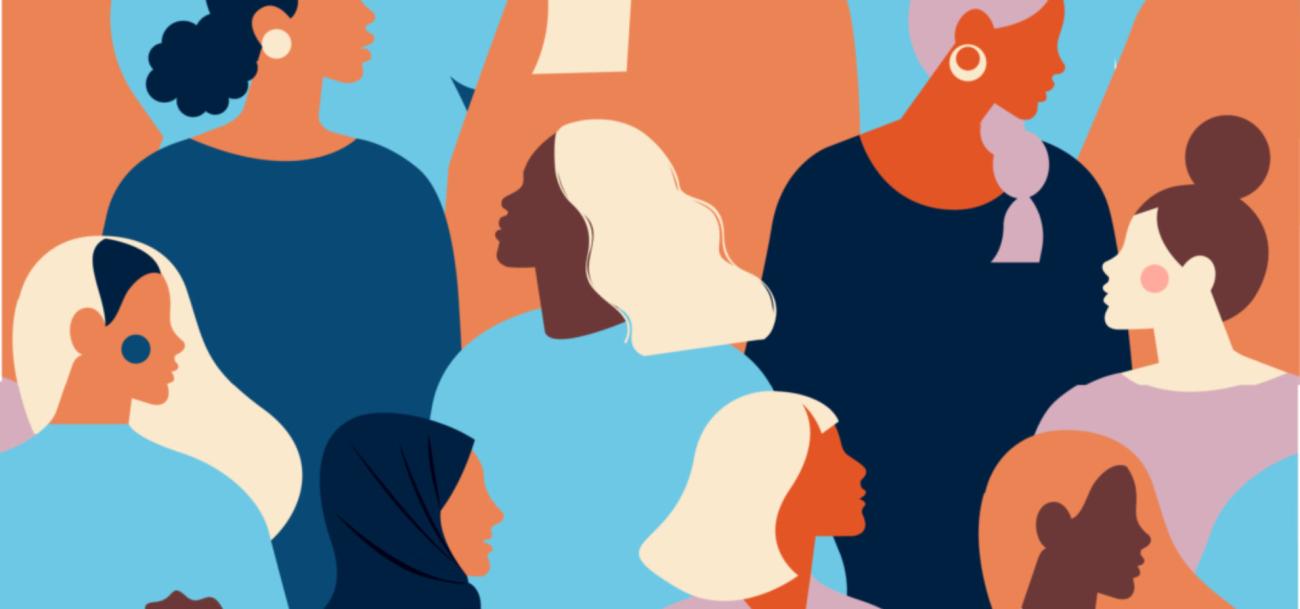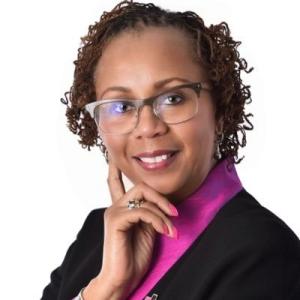Women at the Centre of building back better in the face of COVID-19

While the COVID-19 pandemic’s social and economic impact is amplifying deeply entrenched gender inequalities, it offers an opportunity to build back better.
With each passing day, South Africa and the world are grappling with the impact of the coronavirus pandemic in every aspect
of life. The impact of the pandemic on women and girls has deepened inequalities in access to livelihoods, heightened the threat of violence and further marginalized those with limited technological resources. As we respond and begin to repair the erosion this pandemic has caused, we need to build back better. Keeping a gender lens on has never been more critical to realizing the vision of a thriving society.
The United Nations Development Programme (UNDP)-led Socio-EconomicImpact Assessment identified the deepeconomic challenges brought about by COVID-19. The assessment singled out female-headed households as the most vulnerable and likely to lose livelihoods. The economic fallout is felt by women in both formal and the informal sectors, as well as those with more established women businesses and farms. On both fronts, while there has been provision from the government’s ambitious economic stimulus package, it has been much easier for larger and more established businesses to access the relief measures than for informal businesses.
A study by UN Women on the experiences of women-led micro-entrepreneurs supported under the agency’s Accelerating Women Micro-Entrepreneurs (AWOME) Programme revealed that many women who dominate the informal sector in Limpopo Province’s urban and rural areas could not access relief assistance. This was mainly because the online application process was a barrier to women who lack tools and digital skillsto effectively benefit from the service.The relief that reached most of these women was from the Department of Agriculture and Land Reform because the department allowed manual applications and provided hands-on support at the local level.
Other barriers identified in the study were lack of business registration as the government requires registration as a prerequisite to qualify for support. AWOME Programme is partnering with the local government to address some of the barriers in an effort to enhancesupport. More partnerships are critical to urgently bridge the gaps as in most cases, women are the sole breadwinners.
The vulnerability of women who work in the informal sector is not new but has been intensified by COVID-19. The pandemic has affected women differentlybased on their socio-economic status and on the existing inequalities that directlyaffect them. Many women in South Africawork in the informal economy, earning and saving less, with no adequate social protection and at greater risk of falling into poverty. UN Women and its partners are conducting a rapid assessment of women in the informal sector in collaboration with the Department of Social Development and other relevant actors. This will ensure that women are included in the various supply chain databases and special socio- economic rescue initiatives to preserve their livelihoods, to identify their social protection needs and potential whenever possible, and to maximize their recovery in a post-pandemic era.
Women’s economic empowerment remains a strong pillar of the National Strategic Plan on gender-based violence and femicide (GBVF). UN Women provides technical support to the Department of Women, Youth and Persons with Disabilities to accelerate implementation on all fronts. According to the South African National Income Dynamics Study’s Coronavirus Rapid Mobile Survey, approximately 2.5 million to 3 million people lost their jobs between February and April 2020,with women being the most affected,accounting for approximately two thirds of the jobs lost.
When the loss of income is added to the fact that most household are headed by women, it becomes clear that women’s economic empowerment should be at the centre of the COVID-19 response as it hasthe biggest trickle-down effect on nationalpoverty. In this context, UN Women and its partners has successfully facilitated the provision of a Crisis Response Business Coach and Mentor to women- owned businesses which gives real- time information and advice on how to manage businesses during the COVID-19 pandemic.
It is important that relief measures must ensure that women-owned enterprises in formal and informal sectors have access to knowledge, information and tools to sustain their businesses during and post-COVID19. We need to simplify the connection between the resources the state has allocated and the needs of women businesses. The recent Presidential pronouncement to allocate 40% of preferential procurement to women-owned businesses is a good step in the right direction as it will reduce economic disparities and ensure sustainable economic growth.
The burden of economic hardship is occurring while women are particularly vulnerable to GBVF and possibly HIV/ AIDS transmissions during the various lockdown stages. Cases of GBVF are on the rise as access to lifesaving support and care for survivors isdestabilized. Mitigation efforts need tofocus on enhancing GBVF response during the pandemic. Through its work with the government and partners, UN Women has been focusing on redefining the emergency referral pathways, ensuring that GBV services are treated as essential services while strengthening the capacity of civil society organizations.
Grass-roots community mobilization remains at the heart of all mitigationefforts. While high-level interventions arecritical, tackling individual cases through community organizations has immediate impact. The Young Women for Life, supported by UN Women’s HeforShe programme, worked hand in hand with community agents to distribute food door- to-door to over 1,400 families living with HIV as well as monitor their adherence to anti-retroviral treatment.
While the COVID-19 pandemic’s social and economic impact is amplifying deeply entrenched gender inequalities, it offers an opportunity to build back better and correct the unequal gender dynamics that have been at play before this crisis. Government’s commitment to expanding women’s economic participation by setting aside 40% of public procurement to women-owned businesses is an opportunity to build on.
The collaborative platform of the GBVF plan and the promising work emerging with faith-based organizations, the creative industry and men gives us some hope. We need deliberate, proactive and targeted approaches to the challenges we face. Any reform agenda must be women centred as this will go a long way in helping us rethink, reimagine and reboot in a sustainable manner.
Written by





